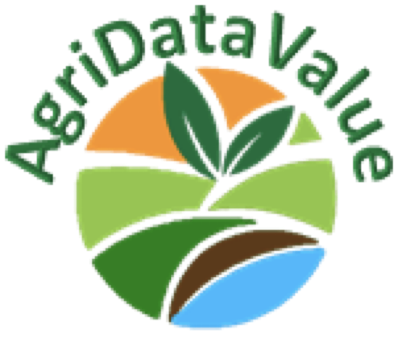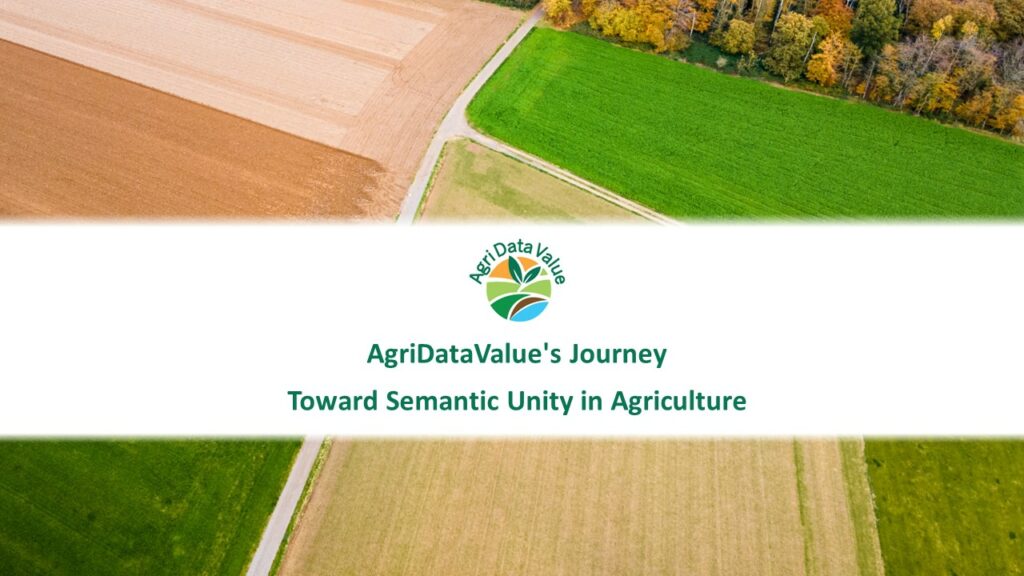The agricultural sector stands at a crossroads between traditional practices and technological innovation. The AgriDataValue project is spearheading this revolution, particularly by steering semantic interoperability tasks within the agricultural data space. This initiative marks a significant impact in adopting and integrating the DEMETER’s Agriculture Information Model with the IDS Information Model, setting a precedent in the realm of data communication and management in agriculture.
Breaking New Ground in Data Economy
The core of the AgriDataValue project is to unleash the potential of data in agriculture, ensuring that it can be seamlessly shared, understood, and utilized to its fullest potential. This necessitates a common language within the data economy, particularly in agricultural spaces, to facilitate the unambiguous exchange and interpretation of data across various systems and organizations.
This is where semantic interoperability comes in. It is the glue that holds the communication between IT systems together, allowing for precise data interpretation, irrespective of the originating system’s structure or language. By ensuring data semantics are consistent across diverse systems, we pave the way for enhanced collaboration and innovation among stakeholders in the agricultural sector.
DEMETER’S AIM and IDS Information Model
The AgriDataValue project’s novelty comes from its integration of the DEMETER Agriculture Information Model (as a sector-specific information model) with the domain-agnostic IDS Information Model. The former provides a robust framework specifically tailored for the agricultural context, encompassing precise terms, structures, and standards critical to this domain.
On the other hand, the IDS Information Model serves as a universal dialect in the data economy, transcending sectors and establishing a standardized mode of data exchange and interpretation. It’s a comprehensive suite that defines common concepts, ensuring every component within a data ecosystem can effectively ‘speak’ and ‘understand’ the language of data.
When these two models converge within the scope of the AgriDataValue project, it creates a symbiotic relationship that amplifies their individual strengths. This work means stakeholders will be able to initiate a semantically interoperable, coherent, and meaningful data exchanges.
The Role of Vocabulary Hubs – Nurturing an Agricultural Data Lexicon
Central to this integration is the role of vocabulary hubs, serving as collaborative beacons within the IDS framework. These hubs are repositories and management platforms, crucial for hosting, maintaining, and documenting additional vocabularies specific to agriculture, curated from the DEMETER model and beyond.
These vocabularies, akin to dictionaries in the data realm, dispel ambiguity, ensuring information consistency across diverse systems and contexts. They are dynamic, evolving with new terms, and adaptations reflecting the growing needs and complexities of the agricultural sector.
While the path towards full semantic interoperability in agriculture is full of challenges, ranging from technical inconsistencies to organizational hurdles, the industry needs pioneers to create some usable best practices, so that they can be ready-to-use solutions to be adopted by all stakeholders of the agriculture sector.
The AgriDataValue project is a testament to the power of collaboration, standardization, and innovation. By bridging the DEMETER Agriculture Information Model with the IDS Information Model, the project is not just facilitating seamless communication in the data space today; it is setting the stage for the future of agriculture – a future where data-driven decisions propel the industry forward to new heights of success and sustainability. Join us as we continue to cultivate this digital frontier, transforming challenges into opportunities, and ideas into realities.


